The coronavirus pandemic has given us all something to be frustrated about, but one of its few gifts has been time. For some, the fear of losing loved ones has been so consuming that the thought of blocking out the worrisome news constantly being churned out sounds more like a dreamy proposition than anything else. But, as we have come to learn from the stories of brave men and women, both real and fictional, one must never surrender to despair even in the darkest times of turmoil.
Here are 7 books by Egyptian authors that will inspire and sustain you through this collective existential crisis. They are stories of ordinary people who, like us, wheather extraordinary changes and circumstances.
The Harafish by Naguib Mahfouz
This timeless tale follows the story of an Egyptian family and its dramatic fall from grace over generations. The Nagis owe their family name to one of their forebearers, Ahsur El Nagi (Ashur the Survivor), who earned the monicker for surviving the Black Death. Nagi becomes a beloved figure among Cairo’s commoners (the harafish) at the time for leading them to prosperity.
His dynasty suffers over the years, as generation after the other strays from his example, but the family name is restored back to glory by one of his descendants.
It can be an emotionally taxing read at this time because it depicts scenes from the worst days of the Black Death in Egypt, which is said to have killed around 40 percent of the country’s population, but The Harafish is an essential read. It chronicles an important and often overlooked aspect of Cairo’s urban history and provides insight into this city’s extraordinary resilience, its corrupting influence, and the guts and guile of Cairenes through the ages.
It is a story about human frailty, defeat, despair and, ultimately, triumph, delivered in Naguib Mahfouz’s irresistible narrative style.
God Dies by the Nile by Nawal El Saadawi
In this literary masterpiece by pioneering author, activist and stalwart defender of women’s rights Nawal El Saadawi attempts to reconcile faith and feminism through the story of Zakeya, a woman who lives in a rural village and who becomes possessed by demons due to her rage against misogyny and sexism.
Set in the ostensibly idyllic village of Kafr El Teen, God Dies by the Nile explores themes of political corruption and abuse of power and the unique injustices placed on women in societies governed by tyrannical leaders.
As Kafr El Teen struggles under the rule of a powerful and corrupt mayor and the head of the village mosque who enslaves and abuses women, all hope of breaking free seems elusive and Zakeya resigns herself to her fate. It is only when her nieces are subjected to those very injustices that Zakeya begins to question the very foundation of the faith and its teachings as it pertains to women.
It is an important work of feminist literature that examines the many social and political constructs surrounding power and how they all intersect with gender inequality.
Azazeel by Youssef Ziedan
One of the most controversial Egyptian novels of the 21st century due to its subject matter: faith and the rise of organized religion. Through this historical fiction, Youssef Ziedan explores themes of human frailty, lust, temptation and doubt, following the story of a fifth-century monk named Hypa.
Throughout the novel, Hypa grapples with his realities, choices, desires and his own understanding of morality, divinity and Azazeel (the devil). Azazeel offers a sobering glimpse into the horrors of sectarian strife and religious violence, making it an essential read that offers answers to the great spiritual questions of our age and insight into our collective quest for meaning.
Sex and the Citadel by Shereen El Feki
In this sultry-sounding read, British-Egyptian author Shereen El Feki examines the changing social and political norms across the Middle East and North Africa following the Arab Spring and how they reflect in the sexual attitudes of men and women in the region.
The book also explores the region’s sexual history and the evolution of Arab and Muslim sexuality, from its formerly uninhibited state to modern-day social conservatism. It also attempts to make sense of the brewing sexual revolution in the MENA region and gauge whether it could effect real social change.
The book presents the results of a five-year research by Feki and delivers her insights through a collection of intimate stories, coupled with intelligent social and political analysis. It is a humorous and clever read.
Utopia by Ahmed Khaled Tawfik
First released in 2008, Utopia combines elements of science fiction, dystopia and futurism, depicting Egypt in 2023 as swaths of the population live in poverty, while the privileged few continue to hold most of the country’s wealth.
Tawfik renders a portrayal of Egyptian society that is both unrecognizable, yet somehow easily imaginable, juxtaposing obscene wealth and abject squalor and employing his literary devices to expand on the realities of class segregation and economic inequality in Egypt.
The author masterfully and cleverly alludes to Egypt’s enduring structures of power and the class issues that have defined the country’s modern political thought at the height of the Mubarak regime’s privatization policies, police brutality and politically-motivated violence.
Utopia is one of the most momentous contemporary novels and it holds a special place in Egyptian millennial consciousness because it was published two years before the January 2011 uprising.
The Open Door by Latifa Al Zayyat
A landmark work of feminist literature, The Open Door is an essential read for anyone seeking to gain a deeper understanding of gender dynamics in Egypt and its intersectional roots that predate intersectional feminist theory in the West.
The novel follows the story of Layla who rebels against gender norms and social codes that governed women’s lives in 1940s Cairo in a time of political upheaval and revolt against British colonial rule. The novel draws parallels between the political struggle for independence and women’s fight against colonialism and gender inequality.
It is a contemporary classic told through Layla’s sexual and political coming-of-age story and it offers insight into the important role Egyptian women and their tireless activism played in the liberation movement.
Granada by Radwa Ashour
Granda was voted one of the 105 best Arabic novels of the 20th century by the Arabic Writers’ Union. Part of the Granada trilogy, this historical fiction is the first and only installment available in English owing to its massive popularity.
It chronicles the events that took place in Spain after the fall of Moorish rule and the victory of the Catholic monarchs, including the Spanish Inquisition from a Muslim perspective. The novel follows the story of Abu Jaafar, a Muslim book binder, and his family, as they adjust to this new reality.
The novel explores themes of belonging, loss and religious persecution, and is considered one of the most eminent literary works to ever come out of Egypt as it offers a unique perspective into Muslim-Christian relations and the changing power dynamics between the two groups.
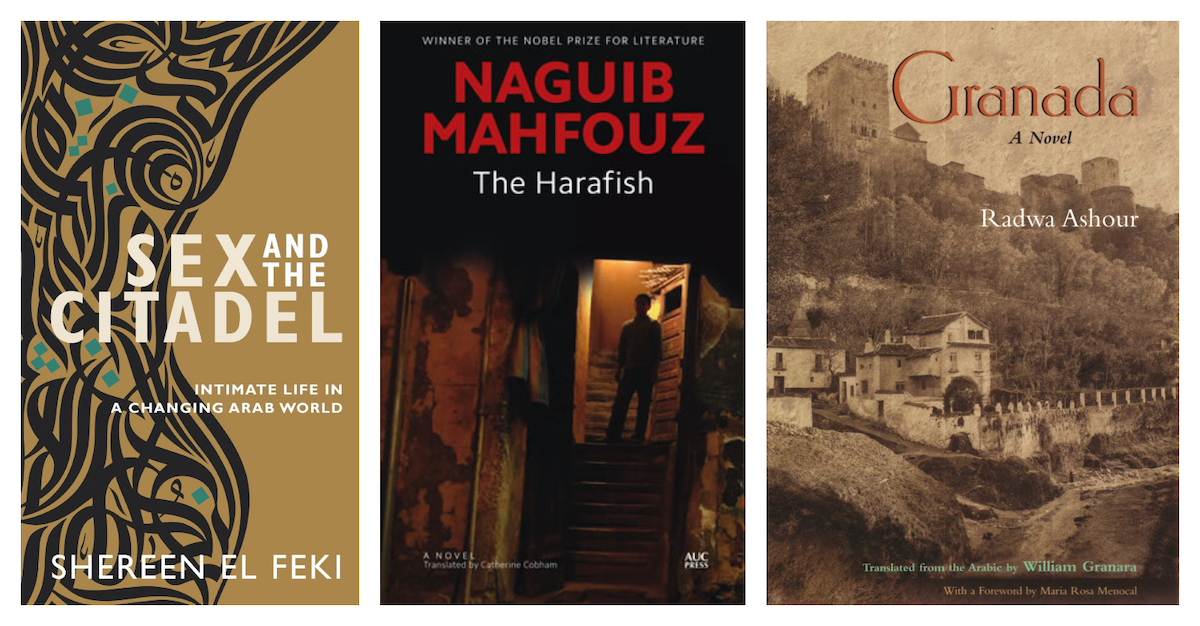
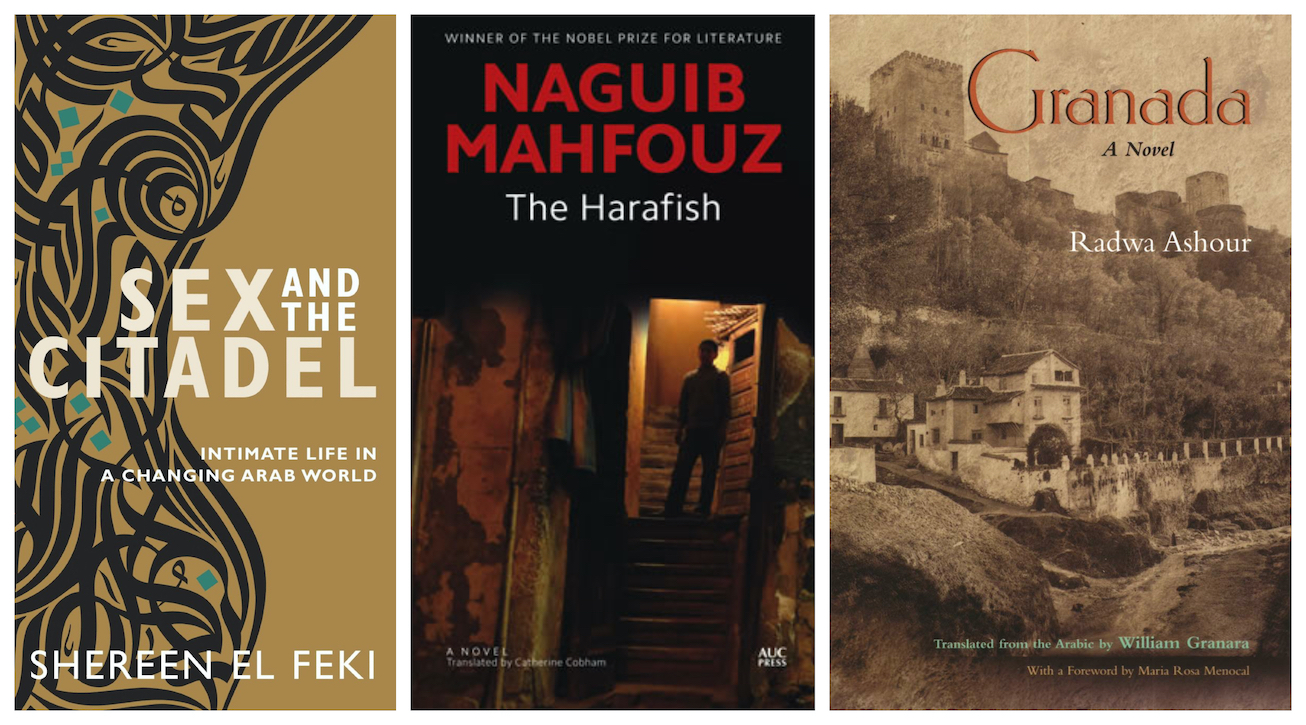

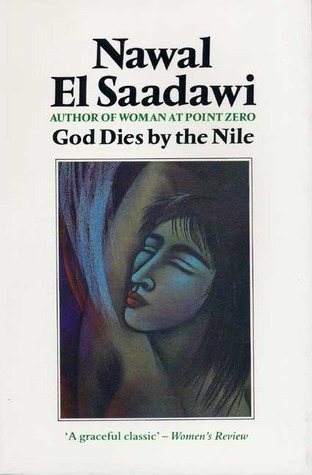
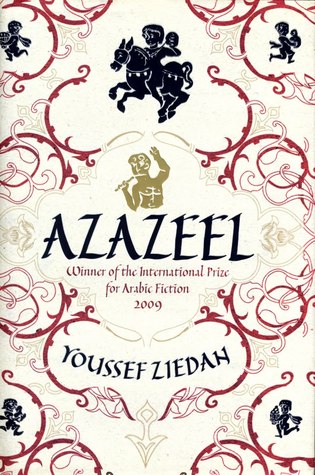
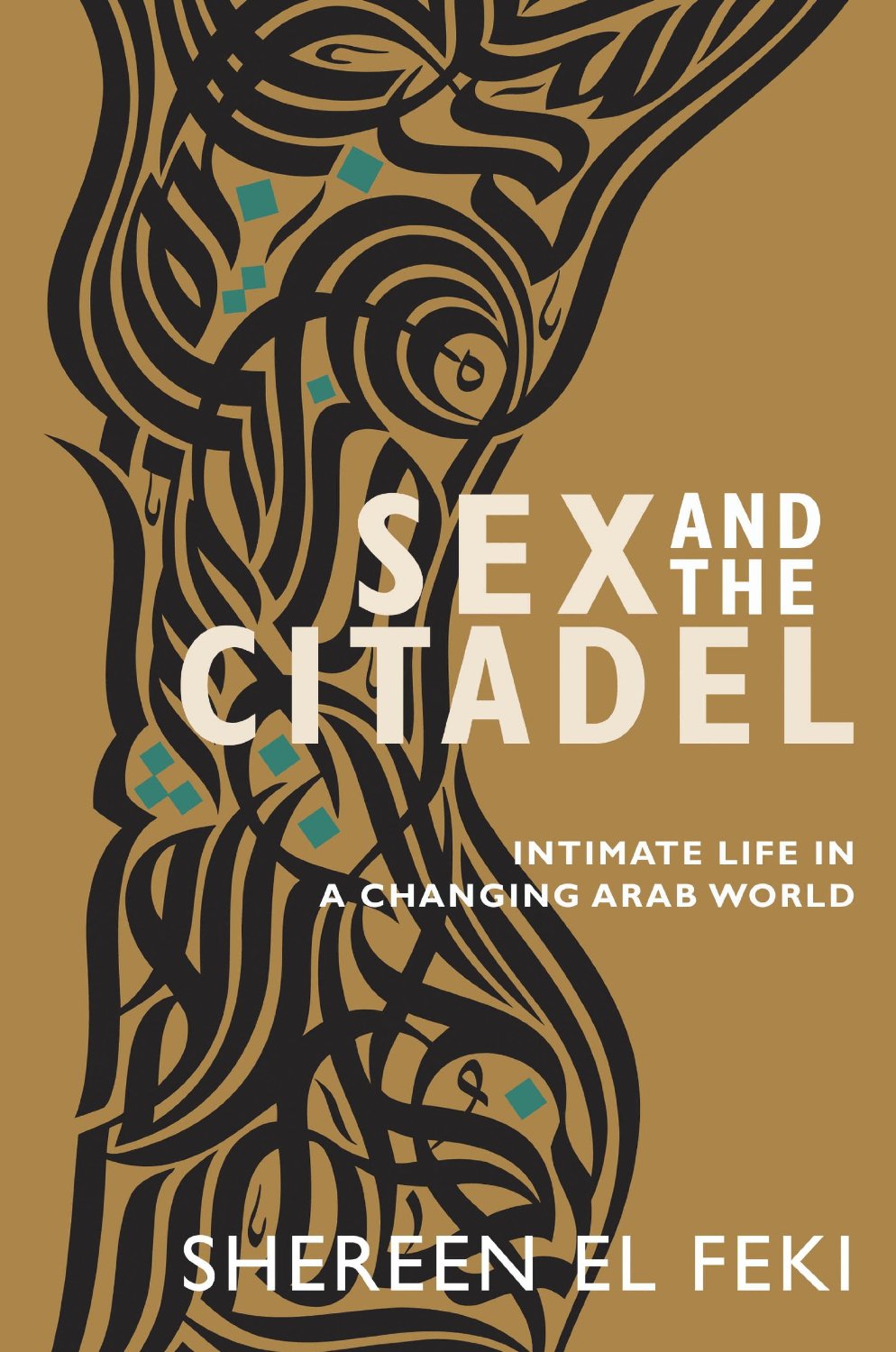
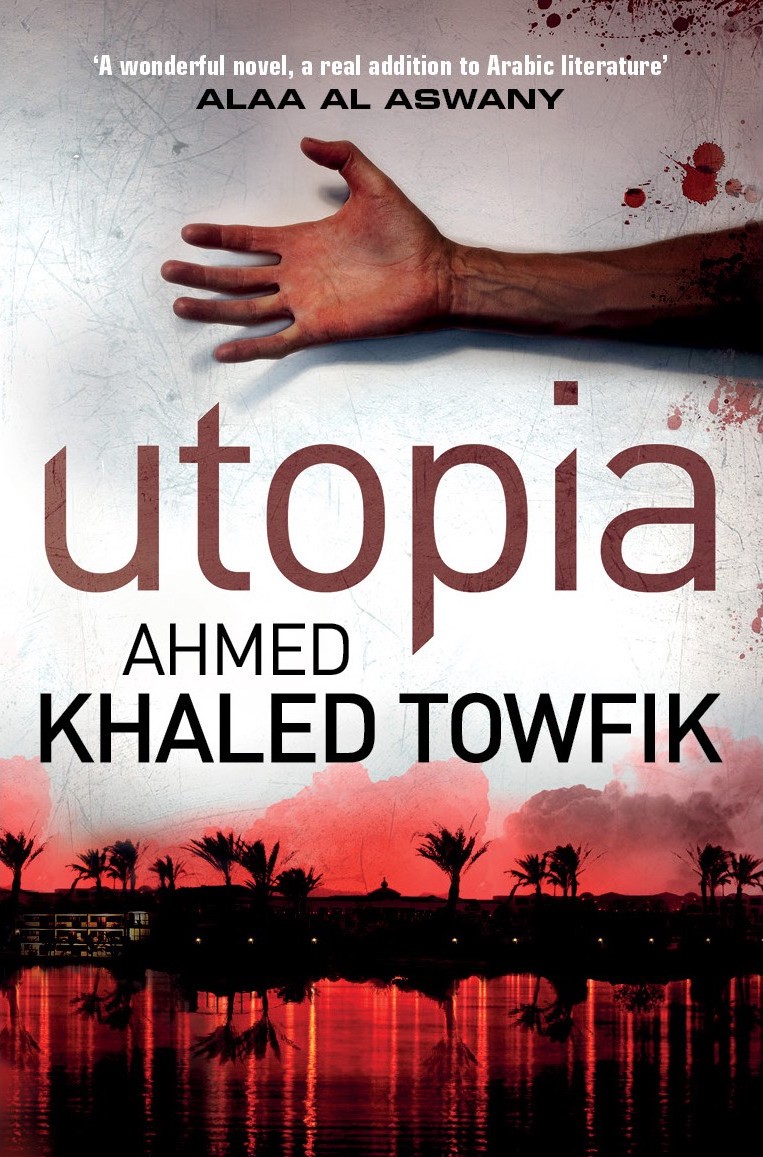
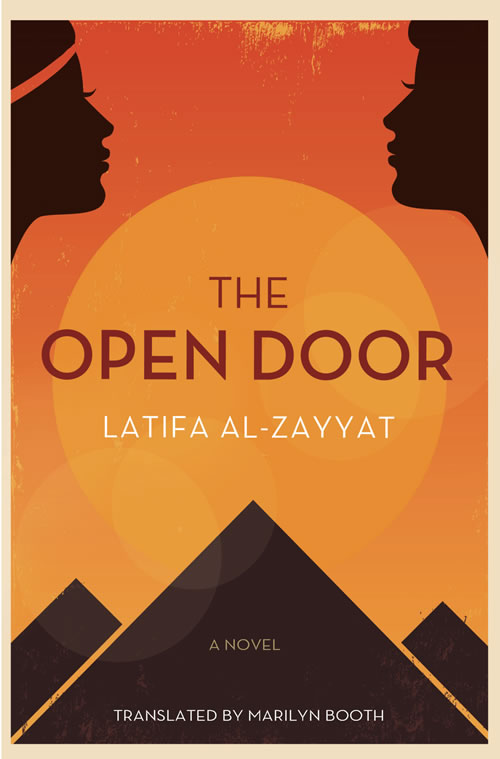
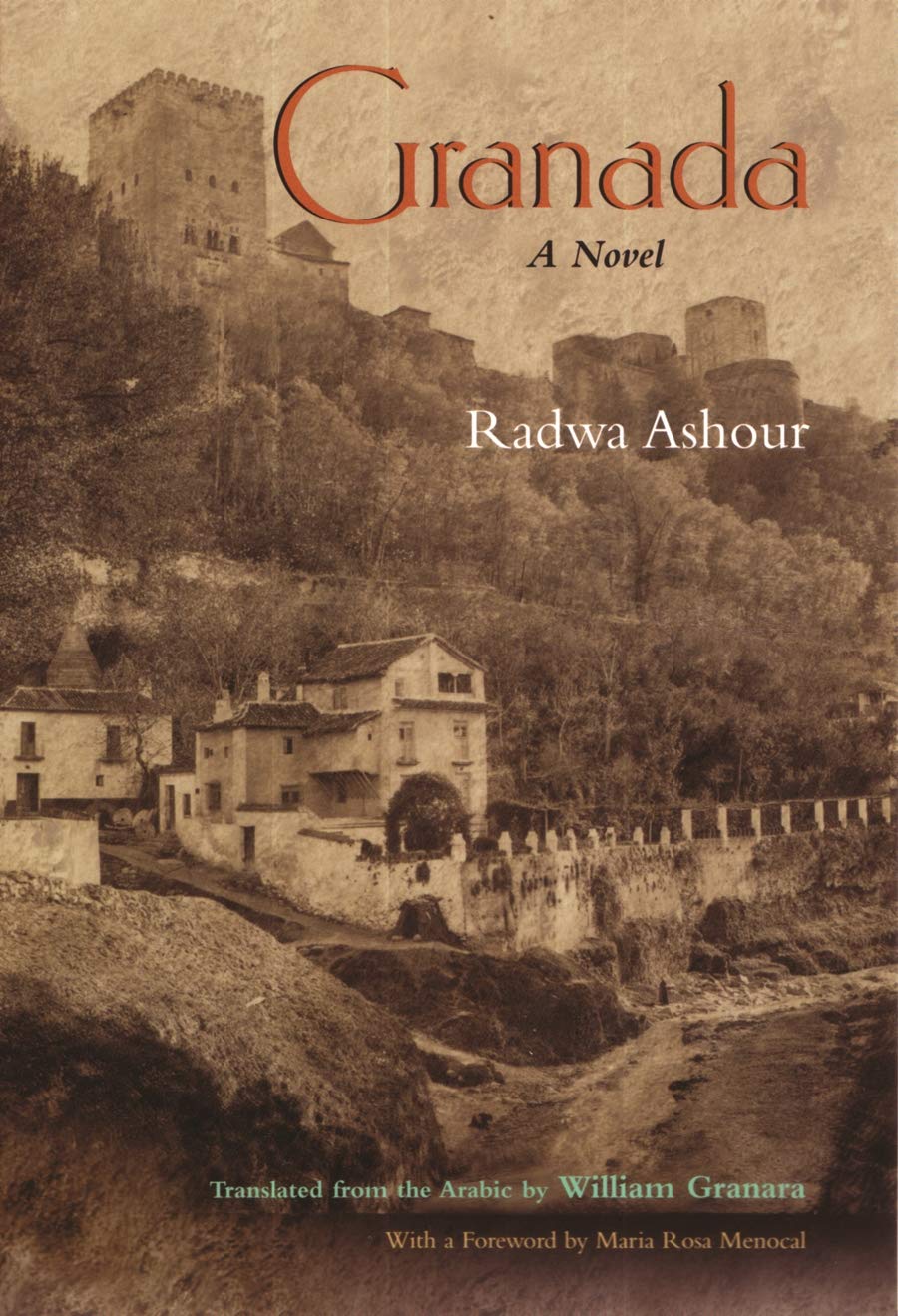




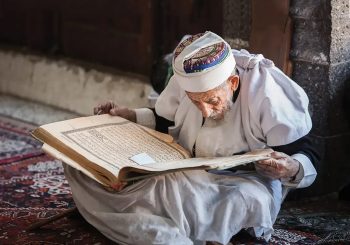
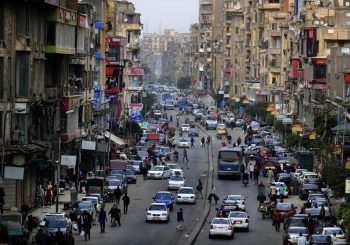
Comments (2)
[…] If you are interested in the modern literature Egyptian Streets published a good article about the book written by Egyptian authors. You can see the article from this link. […]
[…] Source […]